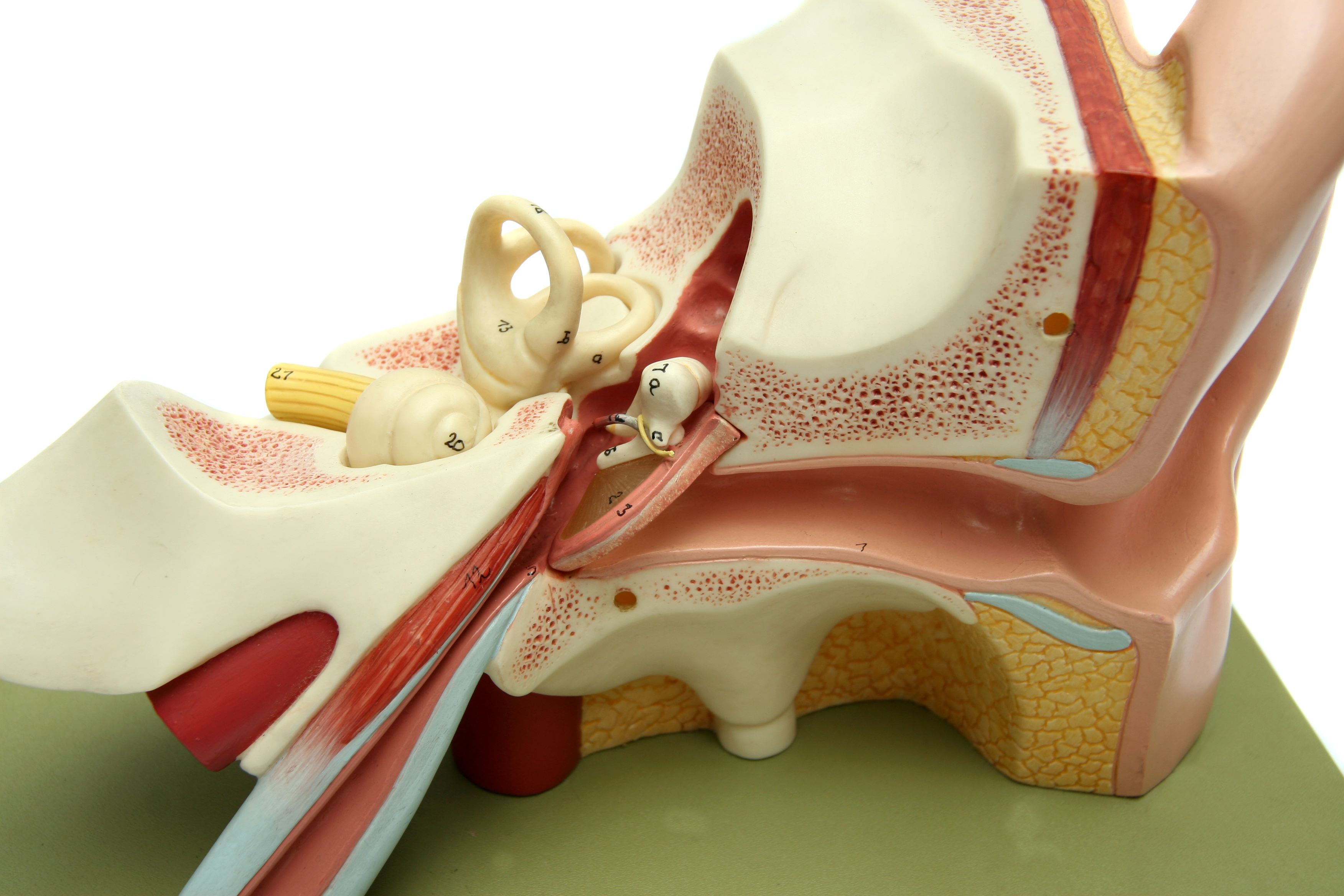
FRIDAY, May 30, 2014 (HealthDay News) — The U.S. Food and Drug Administration on Friday gave its approval to the first generic version of the powerful pain reliever Celebrex (celecoxib).
Celecoxib is a member of the cox-2 inhibitor family of painkillers, prescription medicines often used for arthritis and other conditions. The drugs emerged in the early 2000s and included once best-selling pain relievers such as Vioxx and Bextra.
However, Vioxx was pulled from the market in 2004 after studies revealed use of the drug raised heart risks, and the withdrawal of Bextra followed a year later. Celebrex has remained the only cox-2 inhibitor medication on drugstore shelves in the years since.
On Friday, Teva Pharmaceutical Industries got the nod from the FDA to market cheaper generic versions of celecoxib capsules in 50 milligram, 100 mg, 200 mg, and 400 mg strengths. Mylan Pharmaceuticals Inc. received permission to market 50 mg celecoxib capsules, the agency said.
“It is important for patients to have access to affordable treatment options for chronic conditions,” Dr. Janet Woodcock, director of the FDA’s Center for Drug Evaluation and Research, said in an agency statement. “Health care professionals and patients can be assured that these FDA-approved generic drugs have met our rigorous approval standards.”
Celecoxib also falls into the category known as a non-steroidal anti-inflammatory drug (NSAID). According to the FDA, like all NSAID medications, generic celecoxib will “have a Boxed Warning in their prescribing information (label) to alert health care professionals and patients about the risk of heart attack or stroke that can lead to death. This chance increases for people with heart disease or risk factors for it, such as high blood pressure, or taking NSAIDs for long periods of time.”
The FDA noted that potential side effects of celecoxib for people with arthritis include “abdominal pain, diarrhea, indigestion (dyspepsia), flatulence, swelling of the feet or legs (peripheral edema), accidental injury, dizziness, inflammation of the throat (pharyngitis), runny nose (rhinitis), swollen nasal passages, (sinusitis), upper respiratory tract infection, and rash.”
More information
Find out more about NSAID pain relievers at the American College of Rheumatology.
Copyright © 2026 HealthDay. All rights reserved.

